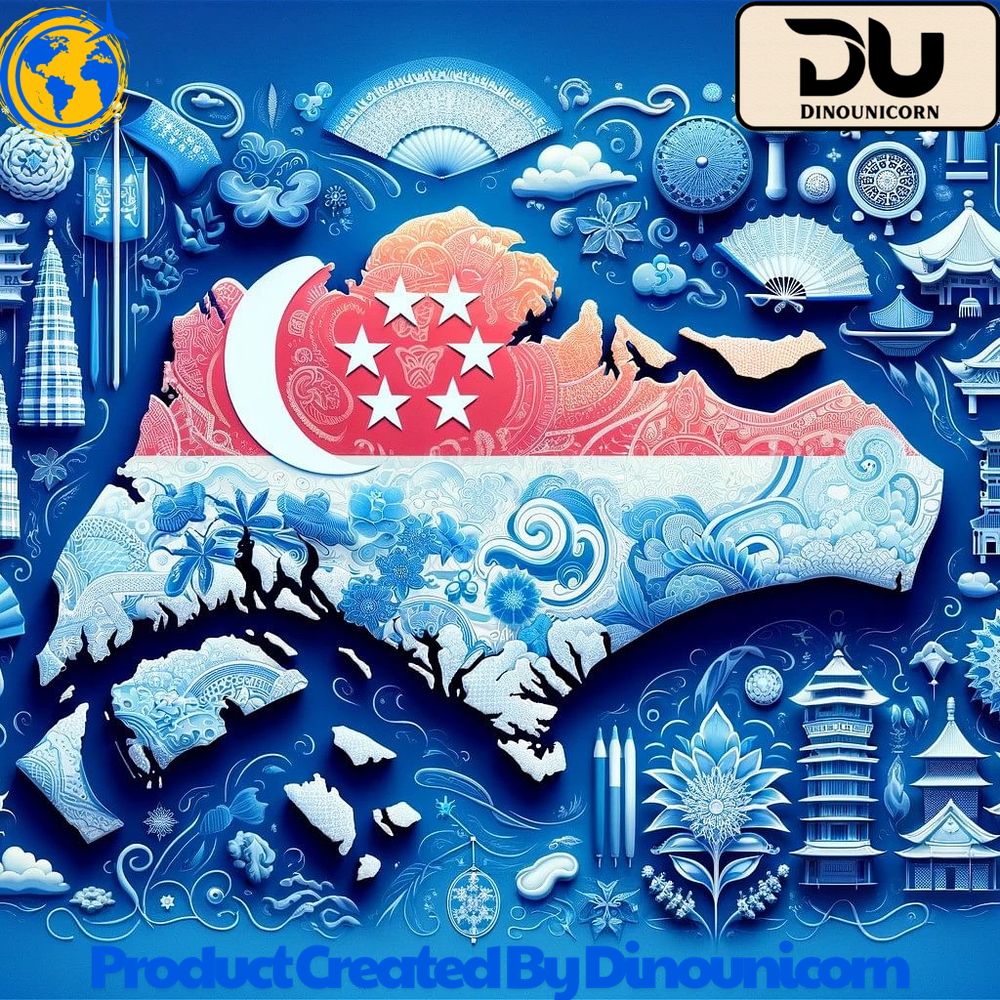Blog
What Language is Spoken in Singapore?
What Language is Spoken in Singapore: A Comprehensive Guide
Singapore is one of the most culturally rich and linguistically diverse countries in Southeast Asia. Known for its global financial hub status, Singapore’s multilingual environment plays a significant role in shaping its identity. With multiple official languages, each spoken by a variety of ethnic groups, understanding the languages of Singapore is essential for anyone considering travel, business, or even education in this vibrant city-state. This guide will provide an in-depth look at what language is spoken in Singapore, highlighting its official languages, daily usage, educational impact, and cultural relevance.
Understanding Singapore’s Multilingual Landscape
Overview of Singapore’s Language Diversity
Singapore is a melting pot of cultures, with a population that is ethnically and linguistically diverse. The languages spoken in Singapore reflect the country’s history, multicultural society, and policies that promote linguistic diversity. Four official languages dominate the country: English, Mandarin, Malay, and Tamil. Each language serves a distinct purpose in various areas such as governance, education, business, and social interaction.
Singapore’s multilingual environment allows citizens to navigate a variety of contexts, from government meetings to casual conversations. The country’s commitment to maintaining language diversity in Singapore is evident in its education system, media, and public communication.
Why Singapore Has Multiple Official Languages
The reason Singapore is home to multiple official languages lies in its rich colonial and migration history. As a former British colony, English became the dominant language, facilitating international business and education. The inclusion of Mandarin, Malay, and Tamil reflects the ethnic diversity of Singapore’s population. Malay was designated as the national language due to Singapore’s historical connections to the Malay Archipelago, while Mandarin represents the dominant Chinese dialect group. Tamil was included to cater to the Indian community.
The government has designed policies that encourage bilingual education in Singapore, requiring students to learn both English and a second language, which plays a critical role in ensuring that the languages of Singapore remain alive across generations.
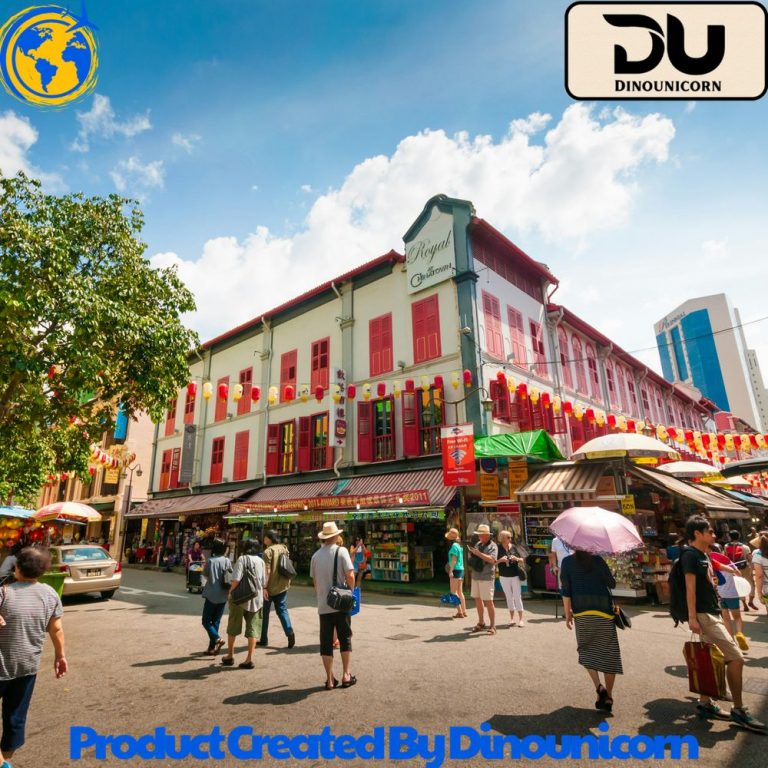
Official Languages of Singapore
English as the Primary Official Language
English is the dominant language in Singapore, used in government, business, and education. As the primary medium of instruction in schools and the main language for formal communication, English spoken in Singapore helps to maintain unity in a society composed of various ethnic groups.
In fact, English’s prominence in Singapore cannot be overstated. It is the language of business and international relations, positioning Singapore as an attractive destination for global trade and commerce. Many multinational companies in Singapore use English as the language of operation, making it essential for anyone working or doing business in Singapore to be proficient in English.
Mandarin and Its Influence in Singapore
Mandarin holds a special place in Singapore, with the majority of Chinese Singaporeans speaking some form of Mandarin or other Chinese dialects such as Hokkien, Cantonese, and Teochew. However, Mandarin is the official language for communication among Chinese Singaporeans, promoted through the government’s Speak Mandarin Campaign.
Today, Mandarin in Singapore is not only a spoken language but also part of the country’s identity. It bridges the gap between different Chinese dialect groups and creates a shared cultural connection. While many people still speak their native dialects at home, Mandarin is commonly used in business, education, and media.
Malay as the National Language
Malay holds a unique position in Singapore. It is recognized as the national language, despite being spoken by a minority of the population. The reason for this lies in Singapore’s historical ties to the Malay Archipelago, as well as its role in unifying the country’s diverse ethnic groups.
Though Malay is not the most widely spoken language in daily interactions, it is an integral part of Singapore’s identity. The national language of Singapore is used in official ceremonies, the national anthem, and other symbolic expressions of the nation’s unity.
Tamil and the Indian Community in Singapore
Tamil is the language of the Indian community in Singapore, primarily spoken by those of South Indian descent. Singapore’s Tamil-speaking population is substantial, and the government ensures that Tamil is taught in schools alongside the national curriculum.
Although Tamil is not as widely spoken as English or Mandarin, it remains an essential part of Singapore’s cultural fabric. Bilingual education in Singapore ensures that Tamil-speaking citizens can also communicate fluently in English, making them an integral part of the country’s economic and social landscape.
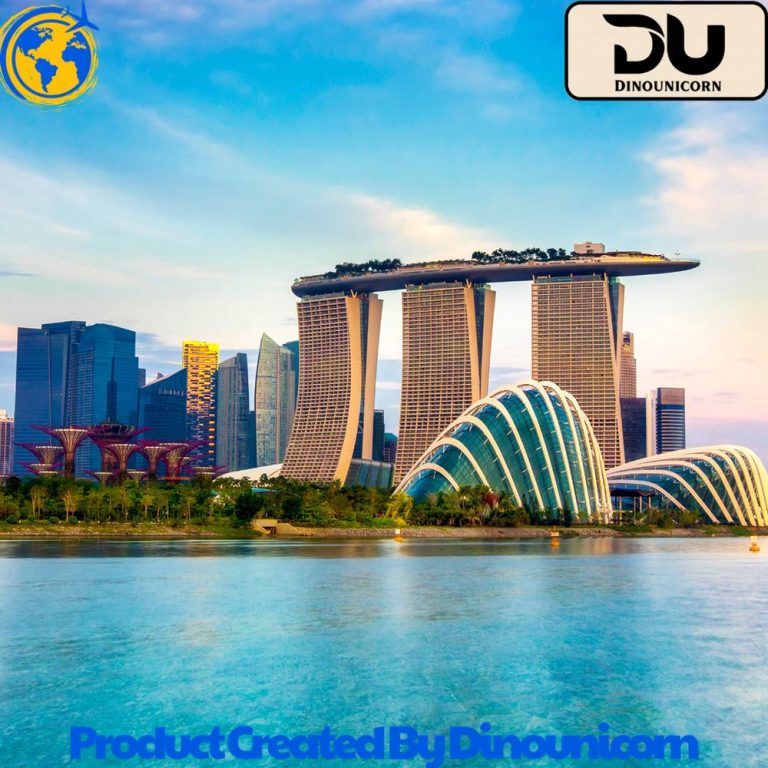
Language Usage in Singapore: Common Languages in Daily Life
Most Common Languages Spoken in Singapore
In daily life, English is the most widely used language in public and business settings. However, Mandarin is also very common, especially within the Chinese community. Malay is often heard in governmental and cultural contexts, while Tamil is frequently used within the Indian community.
When navigating Singapore, it’s helpful to be aware of the languages commonly spoken in different settings. In areas such as Chinatown, Little India, and Kampong Glam, you’ll hear a rich blend of Mandarin, Tamil, and Malay being spoken by the local population. However, English remains the language of choice for tourists and expats due to its widespread use and accessibility.
Language Policies in Singapore
Singapore’s language policy is one of the pillars that help maintain the country’s harmonious, multicultural society. As outlined by the government, Singapore’s official language policy supports the use of English for all official purposes, while encouraging citizens to learn their mother tongue to preserve cultural ties.
This approach ensures that Singaporeans are proficient in both a global language (English) and a language tied to their ethnic roots (e.g., Mandarin, Tamil, or Malay). The idea is that bilingualism in Singapore promotes cultural integration while maintaining individual identities.
The Importance of Bilingualism in Singapore’s Education System
Bilingual Education in Singapore
Education plays a vital role in promoting bilingualism in Singapore. Students in Singapore are taught in English as the medium of instruction, but they must also learn their respective mother tongue language. This dual language approach helps preserve cultural identities while equipping students with the skills necessary to compete in a globalized economy.
Bilingual education in Singapore is designed to maintain the country’s multicultural harmony while fostering strong academic foundations. For example, Chinese students learn Mandarin, Malay students learn Malay, and Tamil students learn Tamil alongside their English lessons.
Language Learning for Foreigners and Expats in Singapore
For expats or foreign visitors, adapting to Singapore’s multilingual society may seem challenging at first. However, English serves as the primary language for communication, making it relatively easy for visitors to navigate daily life.
Foreigners wishing to learn Mandarin, Malay, or Tamil can take advantage of numerous language schools and resources in Singapore. Whether it’s for personal development or business, learning the local languages will enrich your experience and help you engage more deeply with the community.
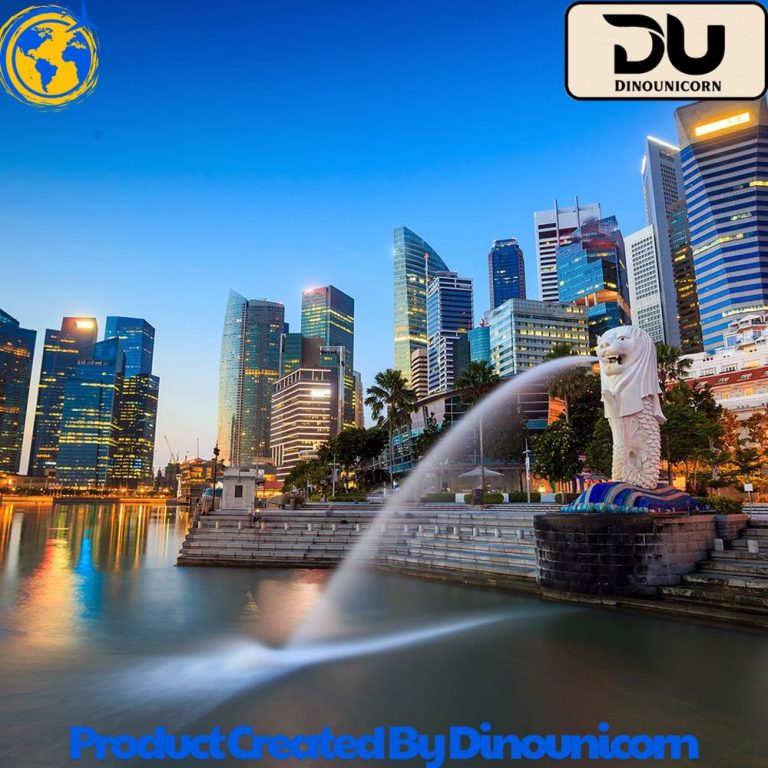
Languages and Culture: The Relationship Between Language and Identity in Singapore
Language and Singapore’s National Identity
Language is more than just a means of communication in Singapore; it is a critical part of the nation’s identity. The country’s multicultural makeup is reflected in its embrace of multiple languages. By promoting both English and the mother tongue languages, Singapore ensures that all its citizens can identify with their ethnic heritage while participating in a unified national culture.
The ability to speak several languages strengthens social harmony in Singapore, allowing people from different cultural backgrounds to coexist peacefully and contribute to the nation’s development.
How Language Shapes Cultural Expression in Singapore
Language is an essential component of cultural expression in Singapore. Whether it’s through music, literature, art, or film, Singapore’s diverse languages create a vibrant cultural landscape. For instance, you’ll find local media broadcasts in Mandarin, Malay, Tamil, and English, showcasing the different languages used in everyday life.
Local festivals, such as Chinese New Year, Deepavali, and Hari Raya, often feature performances and celebrations that involve language-specific elements, reflecting the cultural roots of Singapore’s diverse communities.
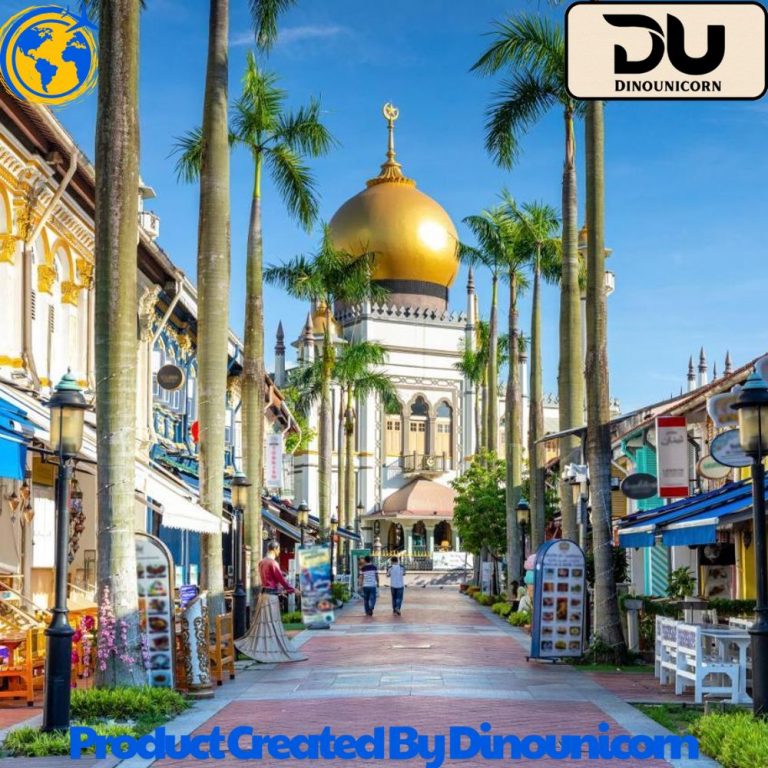
Frequently Asked Questions (FAQs) About Languages in Singapore
1. Is English the only language spoken in Singapore? No, while English is the dominant language, Singapore is home to several other official languages, including Mandarin, Malay, and Tamil. These languages are used in different contexts depending on ethnicity and location.
2. Which language is most spoken in Singapore? English is the most widely spoken language in Singapore, but Mandarin is also commonly spoken within the Chinese community. Malay and Tamil are spoken by the Malay and Indian communities, respectively.
3. How many official languages does Singapore have? Singapore has four official languages: English, Mandarin, Malay, and Tamil.
4. How can travelers or expats communicate effectively in Singapore? Travelers or expats can primarily communicate in English as it is widely understood. However, learning basic phrases in Mandarin, Malay, or Tamil can enhance the experience and show respect for the local culture.
If possible, please visit dinounicorn.com or freshmilktee.com to support us.
 Skip to content
Skip to content

